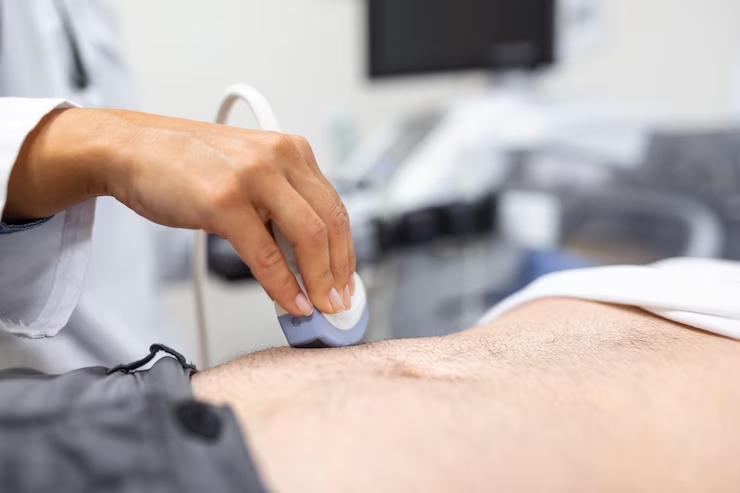
What is a Kidney Biopsy?
A kidney biopsy is a diagnostic procedure used to obtain a small tissue sample from the kidney for microscopic examination. It helps nephrologists determine the exact nature of kidney disorders, especially when the cause of kidney dysfunction is unclear or when blood or urine tests indicate abnormalities like proteinuria, hematuria, or unexplained kidney failure. The most common technique is percutaneous renal biopsy, where a needle is inserted through the skin under ultrasound or CT guidance. The procedure is generally safe, minimally invasive, and performed under local anesthesia.
Why is it Done?
Kidney biopsy is essential when clinical evaluations and imaging alone cannot provide a definitive diagnosis. It helps identify conditions like glomerulonephritis, lupus nephritis, vasculitis, rejection in kidney transplants, and other structural or inflammatory kidney diseases. In transplant patients, biopsy can detect early signs of rejection or infection, ensuring timely intervention. The histopathological findings guide the nephrologist in tailoring a precise treatment plan, including the use of immunosuppressive medications, steroids, or other disease-specific therapies.
Aftercare and Patient Monitoring
Post-biopsy, patients are observed for a few hours to monitor for any potential complications such as bleeding or pain. Most individuals can resume normal activities within 24 to 48 hours. Dr. Tanurekha Hazarika ensures strict adherence to safety protocols during and after the procedure. She carefully explains the purpose, risks, and benefits of the biopsy, making patients feel informed and reassured. The biopsy results allow for an accurate diagnosis, helping to prevent unnecessary treatments and enabling targeted therapy for better kidney outcomes. With expert hands and personalized care, Dr. Hazarika offers advanced diagnostic clarity through kidney biopsies when clinically indicated.
Services
Have questions about your kidney health?
Get expert answers and personalized guidance from a trusted nephrologist. Your kidneys matter most.